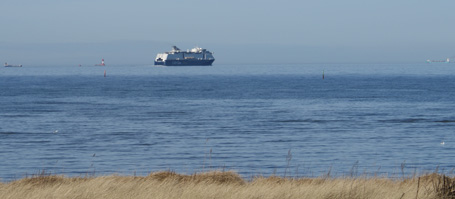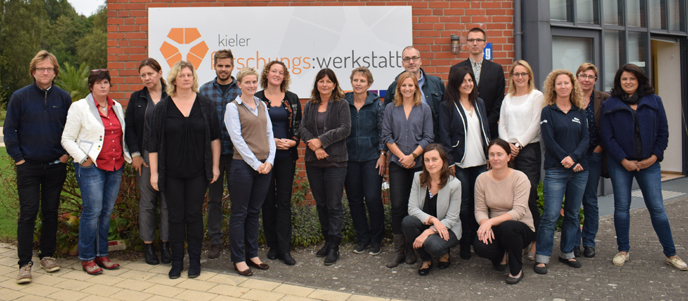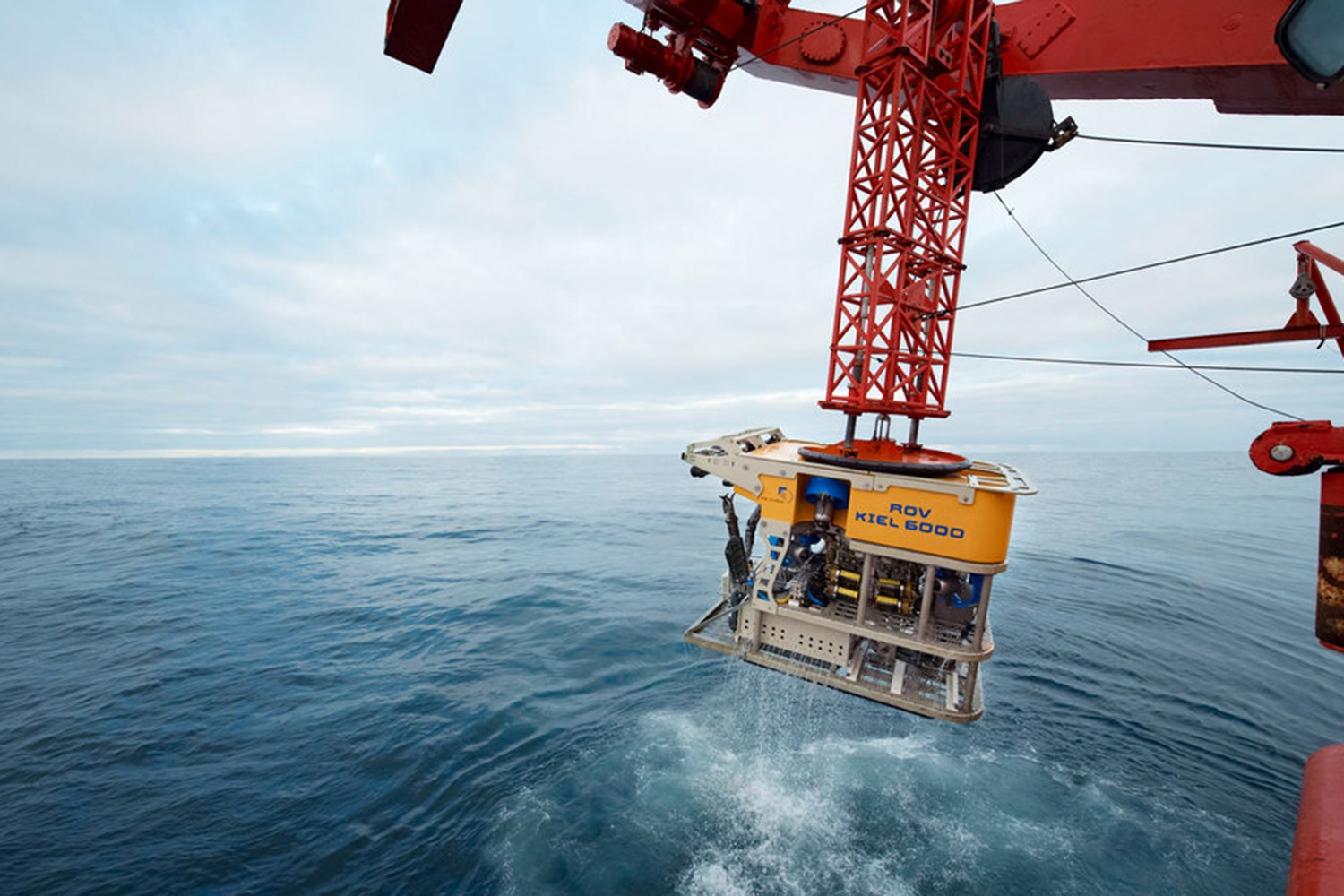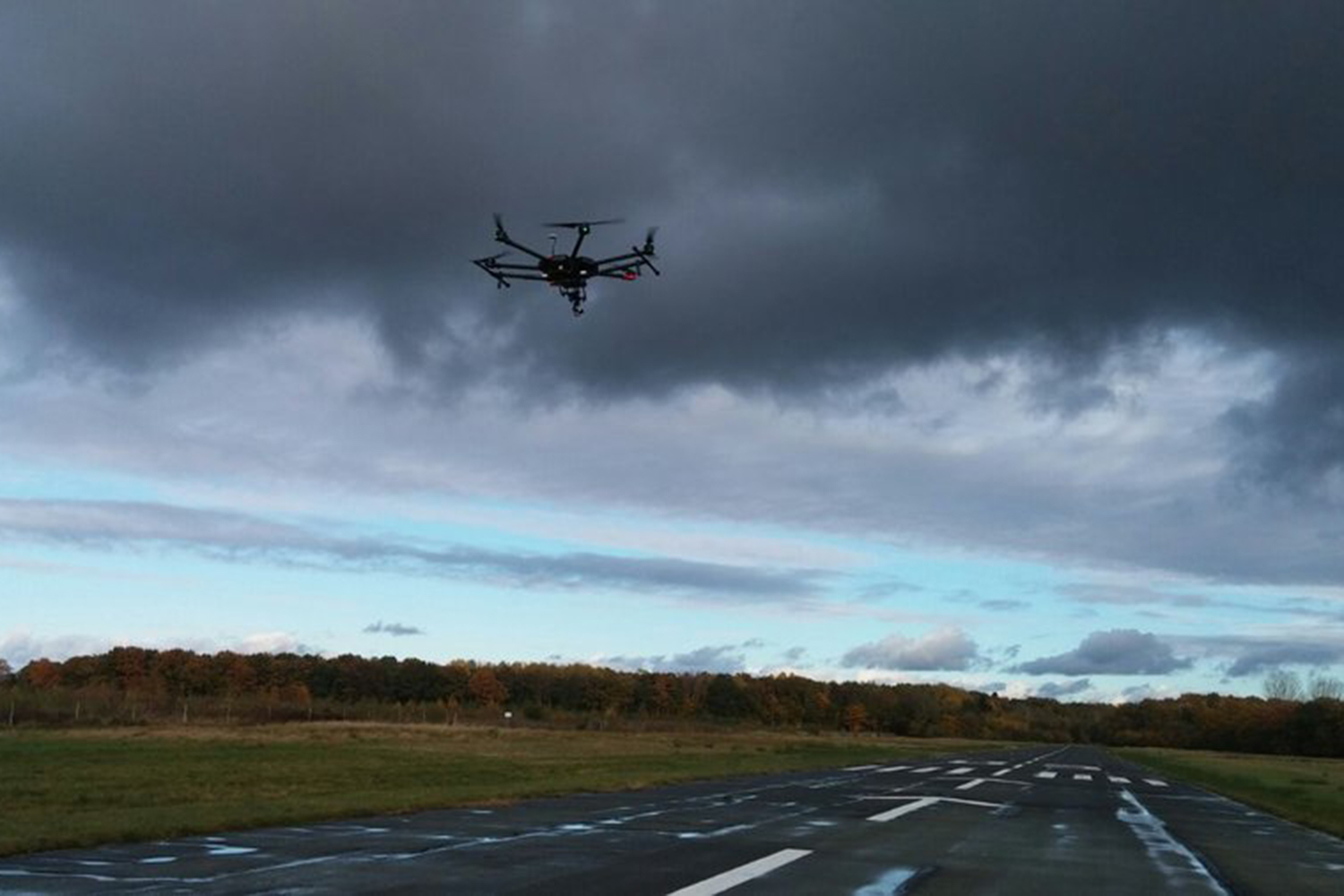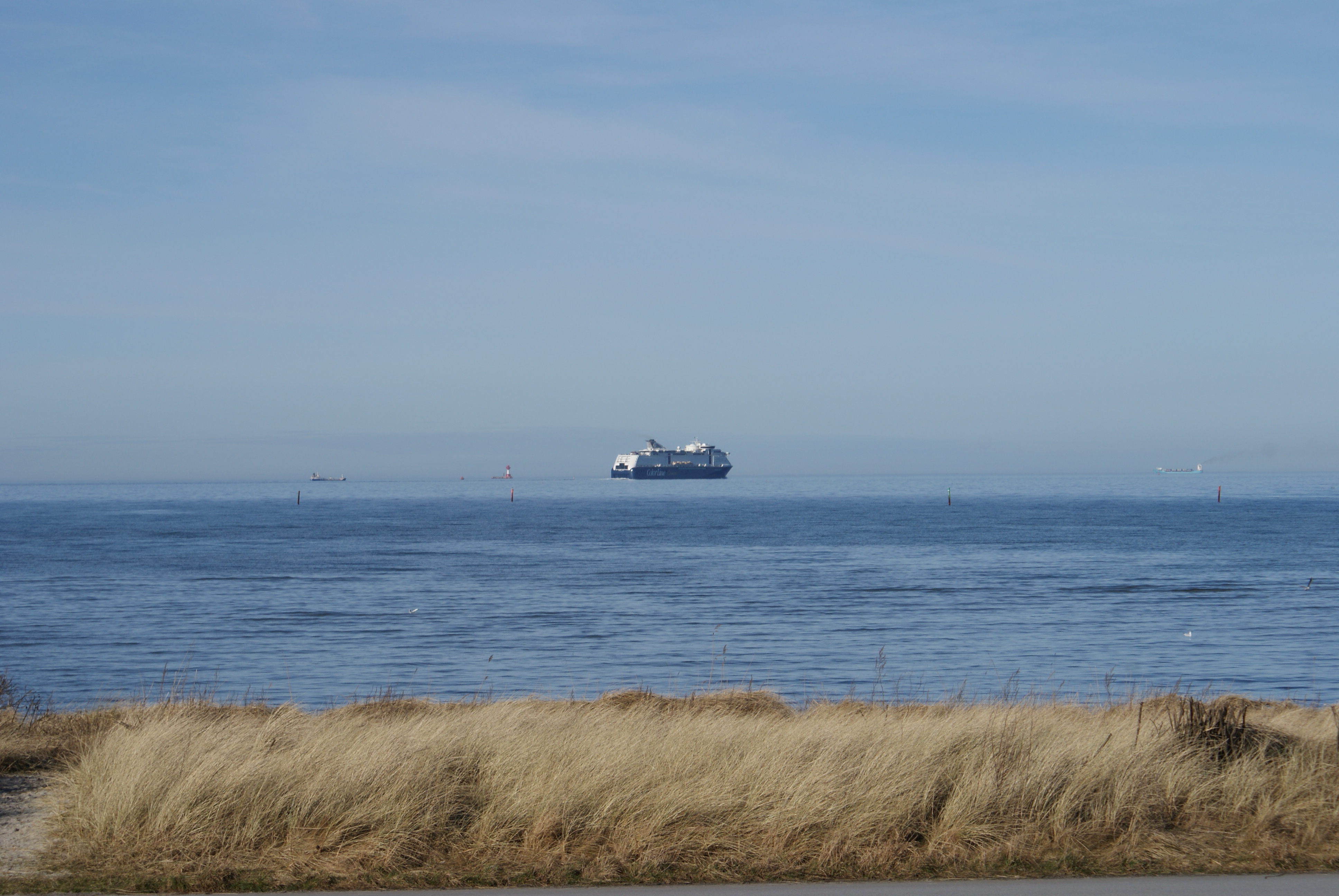Researchers in Kiel have now summarized these indicators using mathematical calculations and have assessed the European coastal states in relation to the ocean goal. Germany takes a top position in the European comparison. The study was recently published online in the international journal Earth’s Future.
With the Sustainable Development Goal (SDG) 14, the oceans and their preservation and use as well as, explicitly, marine resources, for the first time are given a voice in the canon of such elementary goals as the fight against poverty and hunger or access to education. Healthy ocean and coastal ecosystems play a crucial role for society world-wide as climate buffer, a source of nutrition, as an economic factor for tourism or for transportation. Germany has also adapted its sustainability strategy to this global framework and presented a first draft on June 1st. The implementation of suitable measures within individual states in order to achieve the goals by 2030 remains complex. The United Nations have presented a catalogue of currently 300 indicators for the implementation of the 17 development goals and the resulting 169 sub-goals, which defines the modalities for assessment. These indicators should be used to enable a better assessment of completion of the goals.
In a new study, economists from Kiel, from the Cluster of Excellence “The Future Ocean”, the Institute for the World Economy (IfW) and Kiel University (CAU), together with colleagues from Heidelberg and marine researchers from the GEOMAR Helmholtz Centre for Ocean Research Kiel have examined the specific targets for the ocean SDG 14 and their respective indicators for European coastal states. However, the marine scientists from Kiel fear that the large number of indicators (300) could hamper the ability to identify suitable political measures.
In order to simplify the framework for the evaluation of success in regard to the sustainable development goals and to preserve the equal status of all target figures, the economists from Kiel and the marine scientists propose using merged indicators to assess whether the sustainability goals have been achieved and have calculated the merged indicator for the ocean goal 14 for European coastal states. Their result: Germany is the frontrunner on a European level in the implementation of the sustainable agenda on the use of the ocean. “The method from Kiel helps to make it easier to measure the progress of individual states concerning the implementation of the sustainable development goals and contributes to a better comparability of the results,” summarizes Dr. Wilfried Rickels, economist at the Kiel Institute for the World Economy (IfW) and member of the Cluster of Excellence “The Future Ocean”.
“The goal of our study is to provide politics with an instrument for the evaluation of success by including all indicators equally in the assessment. Only in this manner can synergies be identified and the threat of unequal distribution be avoided,” summarizes economist Rickels, who carried out the study together with economists from Kiel University (CAU) and marine scientists from GEOMAR. “Thus, our approach can contribute to a more effective assessment of sustainable development,” continues Rickels.
In order to understand individual states’ performance it remains necessary however to consider the individual indicators. For example, the study shows that Germany achieved above average performance in nearly all measurement parameters, such as scientific development, management of fish stocks and prevention of plastic in the environment. One exception is the tourism sector, where a significant potential for improvement towards a sustainable strategy can be seen. The merged indicators are an important contribution to the overall assessment of marine development.
“It remains a challenge to implement all development goals. This needs to be tackled together by all scientific disciplines, politics and society,” emphasizes Martin Visbeck, oceanographer at the GEOMAR Helmholtz Centre for Ocean Research Kiel and spokesperson of the interdisciplinary research alliance “The Future Ocean”. “Our study also clearly shows that only through the interplay of natural sciences and the humanities can a substantiated assessment of the implementation of sustainable development goals and a transformation of the results into society succeed.”
The countries have committed to implementing the sustainable development goals by the year 2030. Within this context, global development should be organized in a socially, economically and ecologically sustainable manner. For the assessment of often regionally oriented political measures, researchers from Kiel are currently developing scientifically comprehensible methods within interdisciplinary working groups in the Cluster of Excellence “The Future Ocean”.
Seas and oceans are a special focus area in Germany this and next year. This year’s Science Year, announced by the Federal Ministry for Education and Research, deals with the seas and oceans in numerous events, discussions and activities under the slogan “discover, use, protect”. The marine scientists from Kiel are participating in many of these activities. Moreover, they are presenting interesting topics from marine research to a broad public in a new open online lecture series, the Ocean MOOC.
Links
www.ifw-kiel.de/forschung/umwelt-und-naturliche-ressourcen (Working group Environmental and Natural Resources at the Kiel Institute for the World Economy)
www.eree.uni-kiel.de/de (Working Group Environmental, Resource and Ecological Economics)
www.futureocean.org (Cluster of Excellence “The Future Ocean”)
www.oceanmooc.org (about the online lecture series “One Planet – One Ocean”)
Original publication
Rickels, W., Dovern, J., Hoffmann, J., Quaas, M. F., Schmidt, J. O. and Visbeck, M. (2016), Indicators for monitoring sustainable development goals: An application to oceanic development in the European Union. Earth's Future. doi:10.1002/2016EF000353
Contact
Dr. Wilfried Rickels, Environmental and Natural Resources, the Kiel Institute for the World Economy (IfW)
email: wilfried.rickels@ifw-kiel.de
Prof. Dr. Martin Visbeck, GEOMAR Helmholtz Centre for Ocean Research Kiel
email: mvisbeck@geomar.de
Friederike Balzereit, Cluster of Excellence „The Future Ocean“, Public Outreach, Telephone: 0431 880-3032
email: fbalzereit@uv.uni-kiel.de
…
